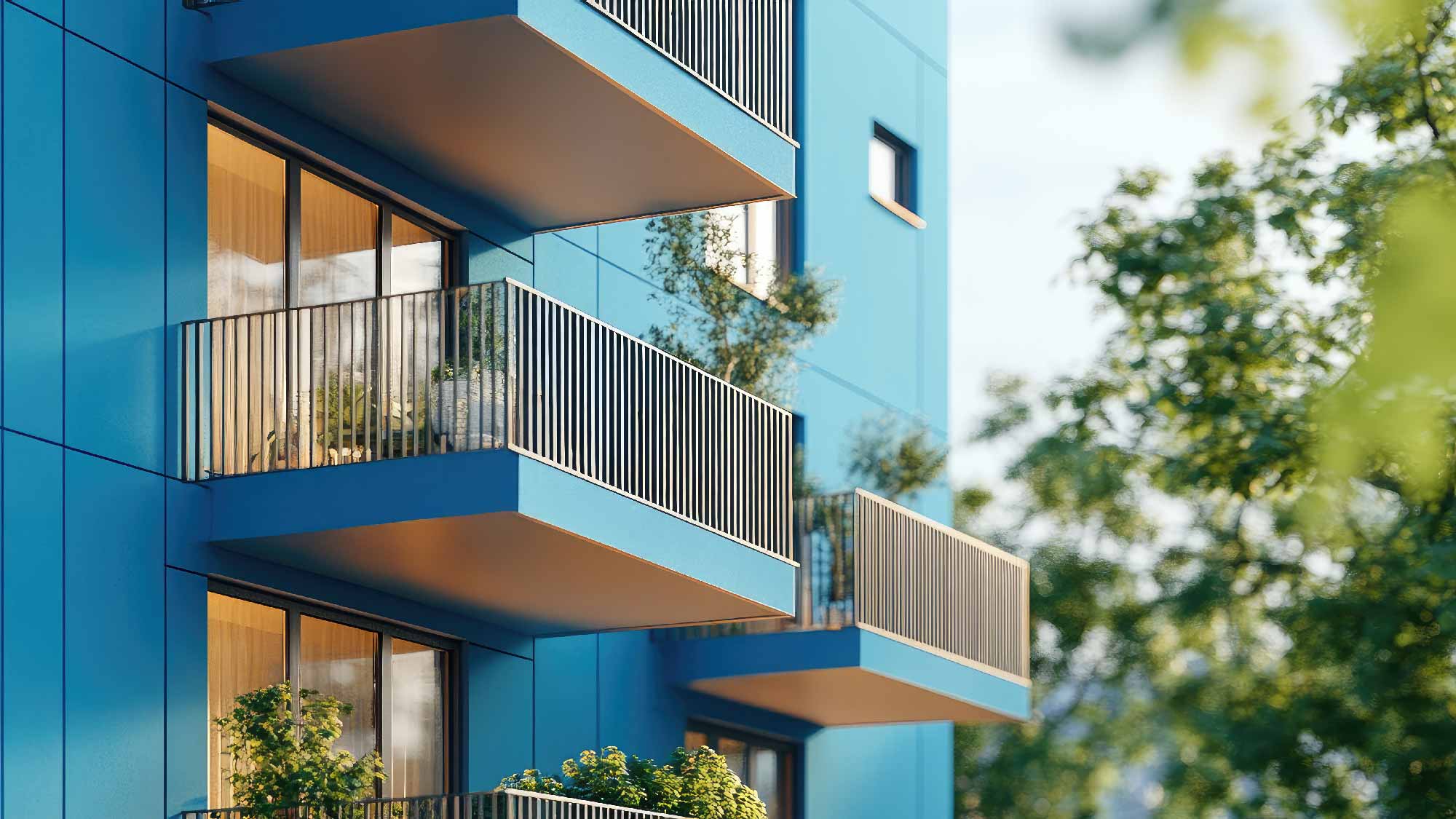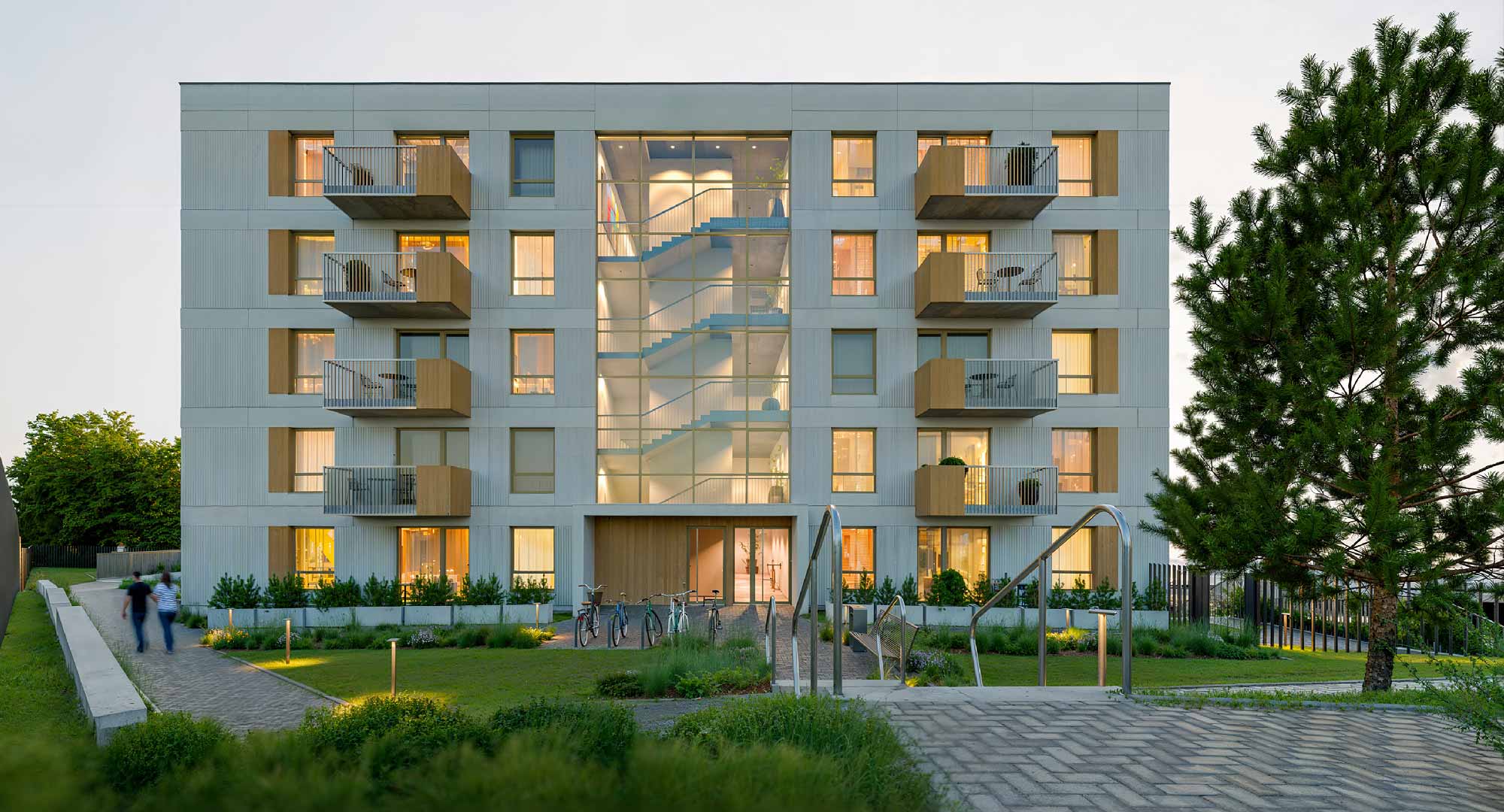What impact will the rising cost of parking in Vilnius have on office workers?

In Vilnius, the 66% increase in the cost of short- and long-term on-street parking from 1 July will inevitably lead to higher prices at offices and private car parks. However, as the desire to drive to work remains strong, the new prices will primarily result in additional costs and inconvenience, or the need to find ingenious solutions.
Despite aspirations to promote the sustainable movement of people in cities, the Vilnius office market shows that this is not yet being achieved. Although ‘parking’ is not a decisive factor in Ober-Haus’ office negotiation practice, it is certainly one of the most important issues for tenants. It is not a matter of personal whims or privileges of managers — in a competitive labour market, companies are simply trying to meet the real needs of their employees.
The cost of land, changing regulations and design considerations mean that the number of parking spaces near business centres is actually decreasing. Just two decades ago, large developers could build large multi-storey car parks in central business districts and allow tenants to park for free, with a limit on the number of spaces per company. According to Ober-Haus estimates, there was one space for every 25–40 sq m of rented office space at that time, which is twice the number of spaces available now. However, as the number of cars increased, business centre managers started to charge for parking, replacing spaces dedicated to companies with free parking for a particular tenant’s cars.
The admission principles for the sites themselves have also changed. Since the beginning of this decade, Vilnius has replaced nominal permits with a ‘first come, first served’ approach. Companies can enter an unlimited number of number plates into the system, but the barrier is only raised if the tenant’s limit is not exceeded. In the newest business centres, one parking space is currently usually allocated for every 50–70 sq m of leasable area. In other words, statistically, only about one in every five to seven employees can expect to find a parking space in the office car park. The price of a parking space has risen faster than office rents in recent decades and, today, it is around EUR 75–150 per month in the central business districts of Vilnius, and sometimes even more. However, the further away from the city centre you go, the cheaper it gets: a parking space in a B-class office can cost as little as EUR 35–60 per month.
Office developers would be happy to meet all tenant demand, but this often conflicts with the commercial objectives of developing business centres. Surface car parks are included in the potential development area of a site, so they do not generate much revenue, and large underground car parks are technically challenging and expensive to build. Furthermore, parking is not office managers’ core business, so some generally outsource car park management to private operators. This enables drivers to use a limited number of spaces assigned to tenants; beyond this limit, they can simply pay an hourly rate like any other guest in the building.
In an effort to tackle the ever-growing parking problem, residents and businesses are adopting a variety of strategies: scheduling home and office workers, enabling employees to arrange who will use the office car park on a given day, and encouraging colleagues to carpool. Others are looking for opportunities to register their residence in the relevant parking charge zone, as individuals can receive significant benefits. Business centres and their tenants have, for some time, been paying particular attention to bicycle and scooter storage facilities, showers, and changing rooms, respectively. They have also introduced other measures and internal initiatives to support and encourage alternative transport. Some companies fully or partially reimburse employees for public transport, car-sharing or shuttle services.
However, for employees unwilling or unable to give up their cars, on-street parking or private car parks are often paid for. It is this segment that will be most affected by the latest tariff increase in Vilnius. From 1 July, after an 8-year gap, the hourly parking rates regulated by the municipality will increase by an average of 60%, as will the long-term permits relevant to office workers. In the yellow and green zones, where there is a monthly payment option, parking costs have risen to €110 and €55 per month, respectively, while reserved parking spaces in the blue and red zones now cost €525 and €840 per month.
In response to the growing number of drivers and the increasing demand for parking, it is clear that car park rates managed by private operators and business centres will soon rise. Without any fundamental change in the way people travel to work, these changes will primarily result in additional business costs that not every company will be able to bear.
Unfortunately, there are no easy or quick solutions to this issue, so, after the holiday season, Vilnius workers and employers will once again start to discuss transport challenges more loudly. We advise tenants looking for offices to thoroughly investigate all potential parking options in and around the business centre of interest. For example, it is still possible to negotiate additional temporary parking spaces with facility managers if reasonable notice is given. There is also always room for communication with employees, new technologies or ‘soft’ initiatives within the company itself.
In the short to medium term, however, these innovations are most likely to generate additional costs and tensions. However, if workers and employers channelled this energy into a public debate on city planning and transport, fundamental change could happen more quickly. In the European context, neither Vilnius nor its citizens are unique — many European capitals and major cities do not have enough parking spaces for all residents. Therefore, cities first and foremost need systemic conditions to reduce daily car usage and provide competitive transport alternatives.
Latest news
 All news
All news

The return of buyers to…
The Ober-Haus Lithuanian apartment price index (OHBI), which follows changes…

What impact will the rising…
Ugnė Liaudanskienė, Office Leasing Manager at Ober-Haus In Vilnius, the…

A new housing project Pašilaičių…
Construction has started on a new residential project called Pašilaičių…
 All news
All news